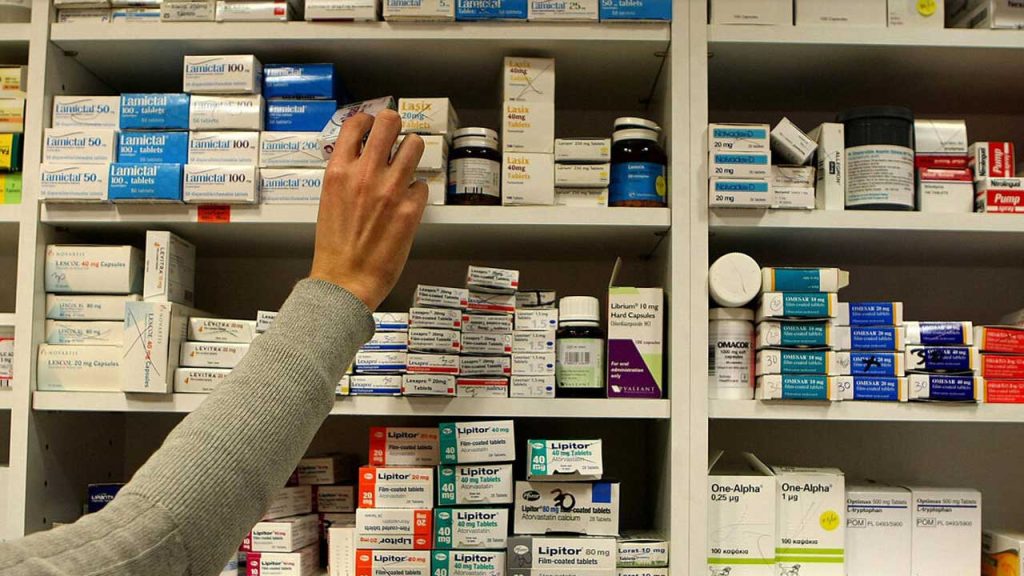The rise in drug expenses due to inflation has heightened the challenge of accessing healthcare services in Nigeria, with many individuals unable to afford essential medications.
Nigerians are presently contending with a sharp increase in the prices of necessities, including food, utilities, and notably, pharmaceuticals, leading them to explore alternative healthcare options.
According to reports, the cost of common medications such as antimalarial drugs has surged by approximately 23%, up from 11%, between November 2023 and April 2024.
Artesunate injection of 120mg was sold for N2,500, while the 60mg of the injection was sold for N1,800.
Coartem 80/480mg was around N3,300, while Amatem Soft Gel was sold for N2,500, and Lonart 80/480mg, for N2,850.
The pricing changed in April as a market survey indicated a 12% increase in the price of Artesunate( now N2,800) and an 11% increase in the price of 60mg of the injection (now N2,000). Coartem 80/480mg now costs N4,000 (6%) increase. Amatem soft gel and Lonart 80/480mg now costs
N3,000 and N3,500 respectively.
The price hike has made many Nigerians veer towards alternative medicine which in some cases is detrimental to one’s health. Not leaving out patients battling terminal illnesses, they too have cried out over the increase in drug costs leaving them no other choice than to seek cheaper options.
The increase in drug expenses has been linked to factors including the devaluation of the national currency, unstable foreign exchange rates, reliance on imported active pharmaceutical ingredients, and dependence on drug imports.
Medical practitioners have raised an alarm over the increase in the purchase of cheap and potentially harmful counterfeit drugs.
Speaking during an interview, the Chairman of the Lagos State chapter of the Nigerian Medical Association, Dr Benjamin Olowojebutu, said the aftermath of resorting to cheap, fake and unapproved medicines is dangerous, stating that the number of people patronising such are on the rise.
Prof Cyril Usifoh, the President of the Pharmaceutical Society of Nigeria, said the only way to seek a long-lasting solution is by ensuring stable electricity, foreign exchange rates and sound fiscal policies.
Also weighing in on the issue, Prof Muhammad Pate, the Coordinating Minister for Health and Social Welfare, said the government is committed to bolstering the healthcare system.

